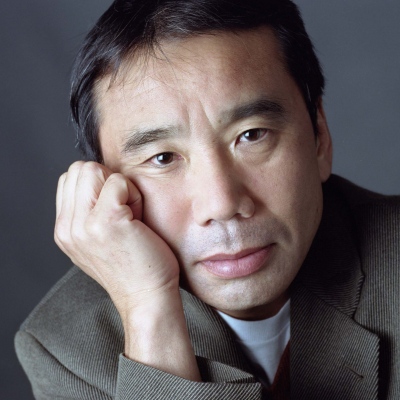"We should investigate this situation and if mistakes are found they should be rectified. Hundreds of thousands of people have been forced to leave their land and have seen their lives turned upside down. We are angry about this - such anger is only natural. For some reason, Japanese people seldom get angry. We know how to be patient but arenít very good at showing our anger. We are surely different from the people of Barcelona in this respect. But this time, even the Japanese people have become seriously angry. At the same time, we must be critical of ourselves for having tolerated and allowed these corrupted systems to exist until now. This accident cannot be dissociated from our ethics and values.
As you know, we, the Japanese people, are unique in having experienced nuclear attacks. In August 1945, US military aircraft dropped atomic bombs on the two major cities of Hiroshima and Nagasaki, resulting in the deaths of more than two hundred thousand people. Most of the victims were unarmed, ordinary people. Now, however, is not the moment for me to consider the rights and wrongs of this.
What I want to point out here is not only that two hundred thousand people died in the immediate aftermath of the nuclear bombing but also that many survivors would subsequently die from the effects of radiation over a prolonged period of time. It was the suffering of these victims that showed us the terrible destruction that radioactivity has brought to the world and to the lives of ordinary people.
We had two fundamental policies after World War II. One was economic recovery, the other was the renunciation of war. We would forego the use of armed force, we would grow more prosperous and we would pursue peace. These ideas became the new policies of post-war Japan.
The following words are carved on the memorial for the victims of the atomic bomb in Hiroshima:
'Let all the souls here rest in peace, for we shall not repeat the evil.'
These are lofty words indeed, which recognise that we are in fact both victims and perpetrators at the same time. This is true where nuclear power is concerned as well. Insofar as we are threatened by the force of nuclear power, we are all victims. Moreover, since we unleashed this power and were then unable to prevent ourselves from using it, we are also all perpetrators.
..."

